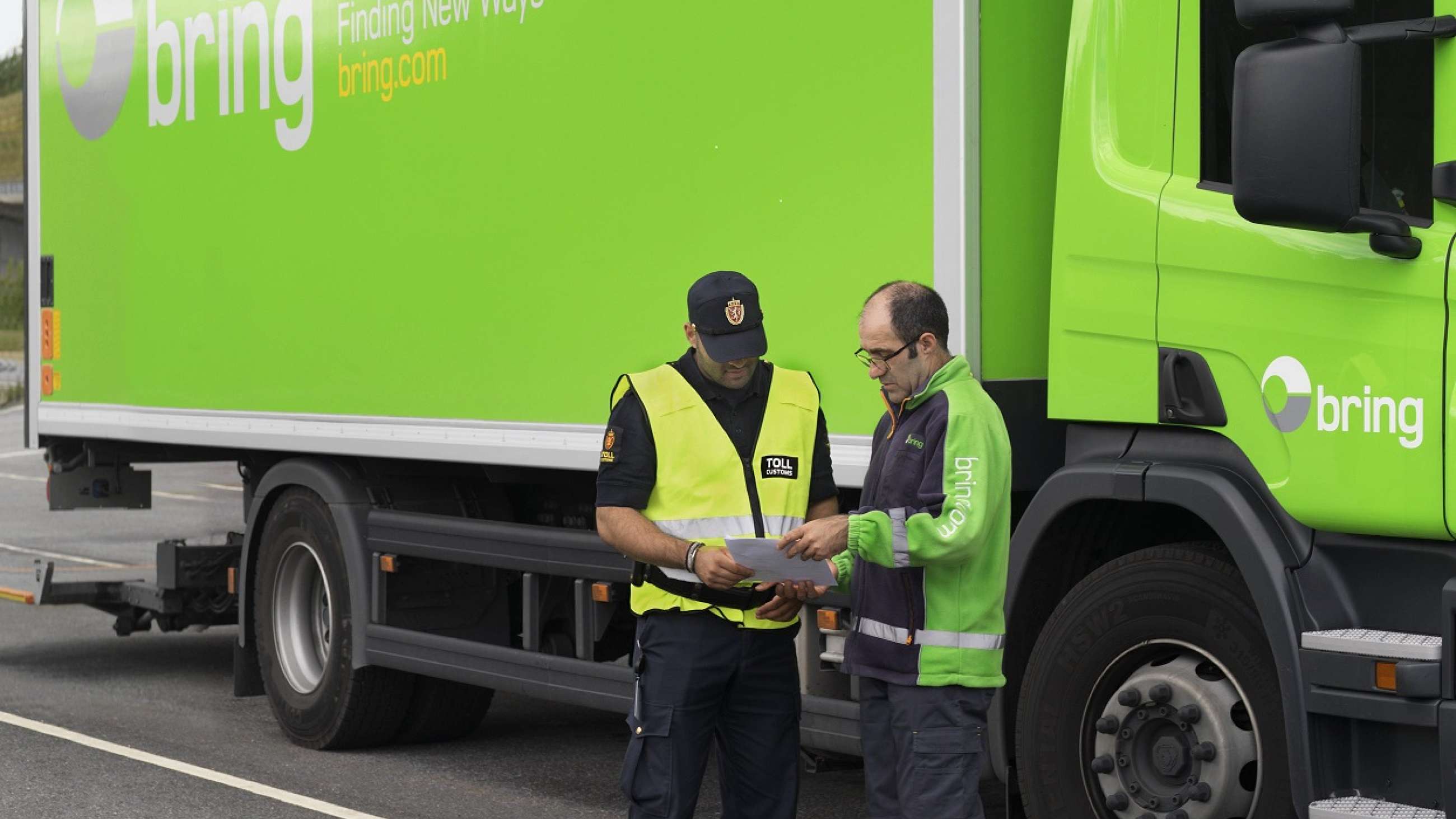
Norway has land borders with Finland, Russia, and Sweden, as well as sea borders with Denmark, Iceland, the United Kingdom, and Greenland. The United Kingdom, Germany, Sweden, the Netherlands, and China are the top importers of Norwegian goods. Although Norway is a member of the European Economic Area (EEA), it is not a member of the European Union (EU) (EEA). The import and export of goods across Norwegian borders into or out of the EU are therefore regarded as shipments, respectively. As a result, there are some requirements that you should be aware of before doing business with Norwegian companies or exporting to the EU as a Norwegian company.
Following are some requirements for importing goods from Norway based. Also, if you’re looking for transportation companies or importing services, you can take a look at Norwegian online reviews and see what the best options are.
Points To Consider Before Importing Goods From Norway
Below is an outline of the considerations you should make when importing goods from Norway to another nation.
1. Declaring and Clearing Customs for Goods
Before any import, Norwegian customs must approve it. For this purpose, the products need a declaration from Norwegian customs. All items destined for import from Norway fall under this category. If Norwegian Customs approves the order, you’ll receive a clearance and serial number allowing you to import the products.
2. Curbs on Exports
When it comes to importing from Norway, some items are off-limits. These items would necessitate obtaining a license or satisfying certain restrictions to leave Norway.
Double-check with the relevant authorities in the destination country to see if any import restrictions apply. Below are some of the restricted goods:
- Fish and fish products need Norwegian Seafood Council approval.
- Need of registration of a new exporter (in Norwegian only).
- Waste and discards require Norwegian Environment Agency permits.
- Guns, military equipment, and other strategic goods need a Foreign Ministry permit.
3. Transport and Logistics
Upon declaring goods and receiving permission from Norwegian Customs, transport can begin. You decide how and who will convey your stuff from shops in Norway.
4. Cross-Border Shipping
Some items depart Norway for other countries. The transfer of goods between nations is permitted by customs authorities when they pass through several nations. They are transiting guarantees that items reach their destination.
5. Free Trade and Preserving National Identity
Suppose you import Norwegian goods into free trade agreement countries and use their programs. Depending on the land, your items may have lower or no duties. An original certificate must be included with the shipment for expedited customs clearance in imp.
Final Word
As for the exports, most of the Norwegian exports don’t need permission. Exports to non-EU countries must notify Norwegian Customs. Some goods are subject to restrictions that you should consider. The most significant import products from Norway to its neighboring countries include crude petroleum, petroleum gas, non-fillet fresh fish, refined oil, and raw aluminum. Norway’s trade with the rest of Europe is on the rise. Both regulators and customers have higher standards for their providers. Germany imported goods worth (NOK66.8B), the United Kingdom (NOK39.1B), France (NOK19.9B), Belgium (NOK17.1B), and the Netherlands (NOK11.9B) (NOK5.25B) according to Online review in Norway in 2022.
